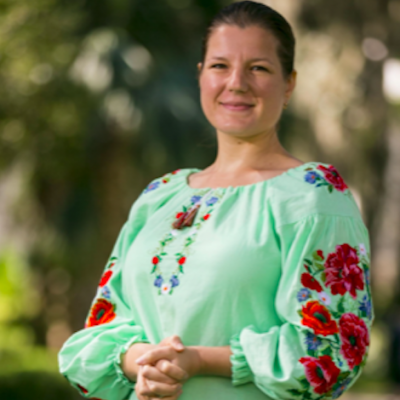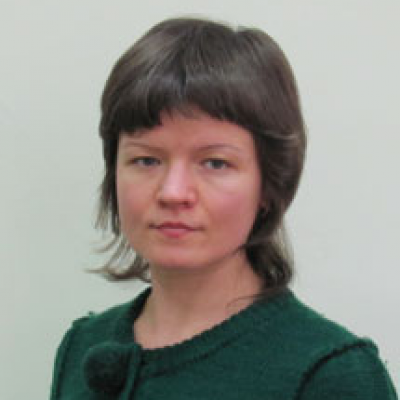Sessions /
Young learners' world exploration at EFL classes
#1334
Online teaching of foreign languages in terms of early childhood education has resulted in re-envisioning of the content and instruction approaches. As it has been suggested in a Ukrainian research study (Sharkova, 2007) young learners should be equipped with the mental tools that teach them to think, develop their imagination, and turn new vocabulary acquisition into an active cognitive process. The examples of intellectual activities directed at meaningful processing of the information can be grouping pictures of animals, plants, various objects according to their physical attributes or other characteristics. Educators can create “paradox images” (e.g., half of the sun is green) and ask learners to correct mistakes or complete pictures. Schematic arrangements of things (like animal world map, city park designs, Christmas tree decorations, etc.) which contain hidden objects or mismatching elements stimulate memory, attention, child’s cognitive development. In fact, foreign language learning provides an important context that gives children an opportunity to observe and investigate, test theories, solve practical problems, achieve results, and analyse them. Our research study has shown that memory performance as well as childrens’ attitudes towards learning new languages is influenced by these and other types of non-verbal activities which will be discussed during this presentation.

